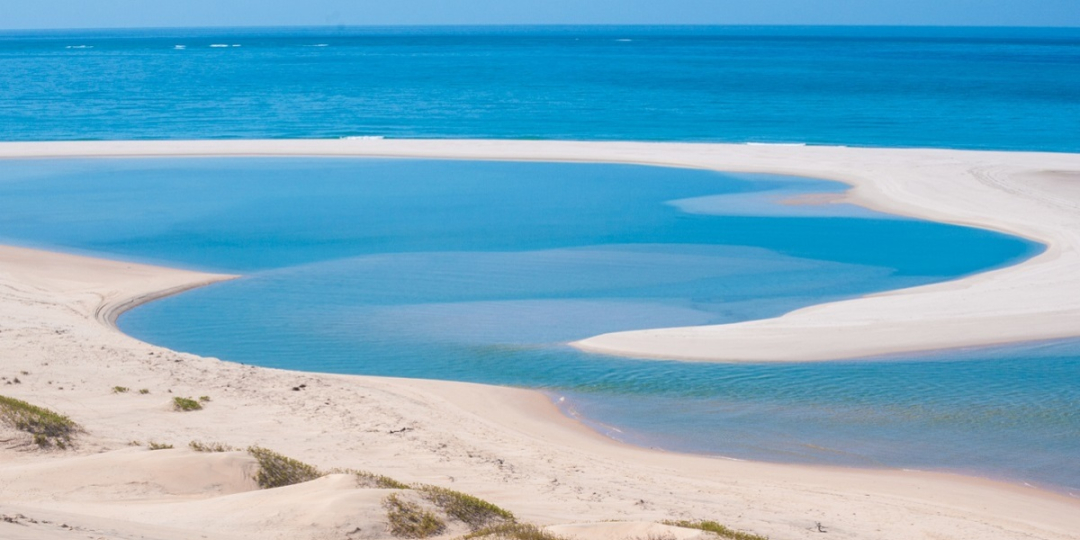While Mozambique’s inbound tourist market has not seen much movement since the borders opened, the country’s domestic market has shown great support for tourism.
“The Mozambican market has really kept us afloat recently,” said Catharina Wilfinger of Bayview Lodge in the Praia da Barra, Mozambique. She told Travel News that the lodge’s main market was typically European travellers, “mostly from the German-speaking countries, but we aren’t really expecting to see them return until around February 2021”.
Director of Dana Tours, Natalie Tenzer-Silva, also said she had seen the most growth in the domestic leisure market. She said the spike in domestic tourism seemed to correlate with a rise in Mozambican expats who had been caught in the country over lockdown and decided not to return home.
“In terms of international inbound tourists, there hasn’t been much at all, apart from a handful of South Africans.” She added that most of her company’s postponed bookings for inbound leisure had not yet rebooked. “We’d be lucky to see recovery in the first quarter of next year,” she said realistically.
“We’re actually hosting a hybrid conference in March and we have been told by the event organisers that they are currently expecting more live attendees than they originally predicted, so that is promising.”
She also said lodges were wary of accepting bookings from international tourists as there was still so much uncertainty around a potential second wave of COVID-19 infections and travel regulations.
“The hotels and lodges have been very co-operative though, in terms of flexible booking policies and postponements.” She said this had also appealed to the domestic market.
On November 2, Mozambican President Filipe Nyusi announced the relaxation of travel restrictions, including the resumption of issuing tourist visas. Prior to this, only Mozambican citizens and travellers with valid visas were allowed to enter the country, with no new visas being issued.
“People can get visas, but not at the airports or borders as they used to,” said Catharina. She told Travel News that travellers should apply for visas at Mozambican embassies.
For holders of passports of visa-exempt countries, namely those in the SADC region, including South Africa, no visa is required but a negative PCR test certificate will be required from all travellers.
According to the Mozambican News Agency the following restrictions apply:
- Borders are currently open to all, provided a negative PCR or rapid antigen test no older than 72 hours is presented. The presentation of this certificate also exempts travellers from quarantine.
- Citizens of Mozambique who arrive without the negative test certificate will be subject to quarantine, and foreign nationals without the certificate will be denied entry.
- The PCR test will be valid for 14 days after the sample was taken to allow for multiple entries during this time period. Should travellers stay in Mozambique for longer than 14 days there are testing stations at several local hospitals and clinics.
- Children under the age of 11 are not required to present a PCR test, however for travellers transiting through South Africa it is important to note that only children under five have been exempted by South African officials.
Testing stations have been established by South Africa’s National Health Laboratory Service South at the Lebombo border post. Here they run rapid antigen testing that provides a valid result in 45 minutes at a cost of R170.
However, these mobile units are under-stocked and under a lot of pressure according to founder of the Drive Moz Facebook group, Dirk Fourie. He said Drive Moz had arranged for more mobile testing units to be established at other border posts to make it easier for travellers crossing from South Africa into Mozambique.
Natalie said there seemed to be keen interest from South Africans to travel to Mozambique over the festive season, which could boost the country’s tourism figures.














